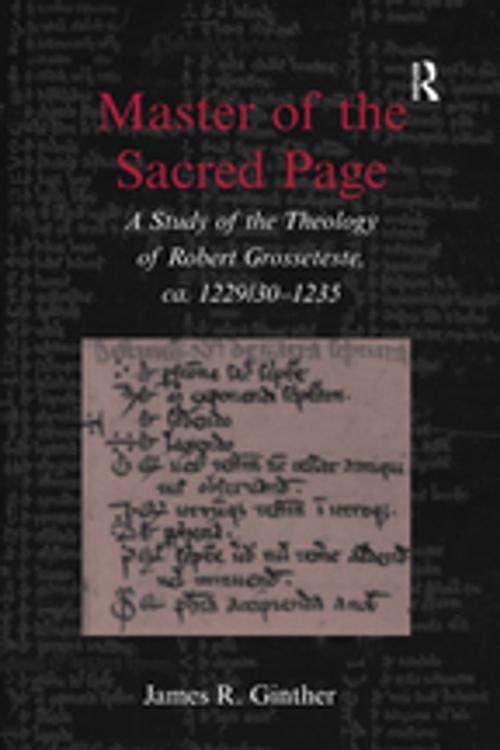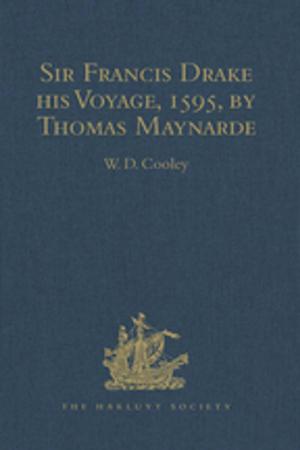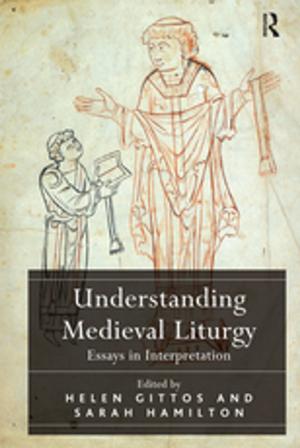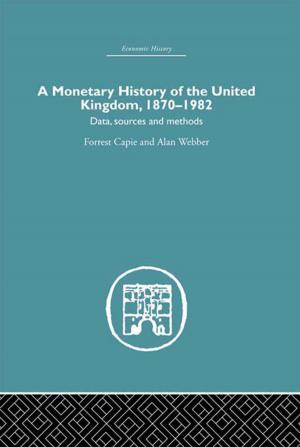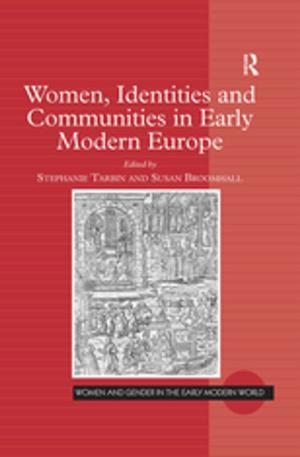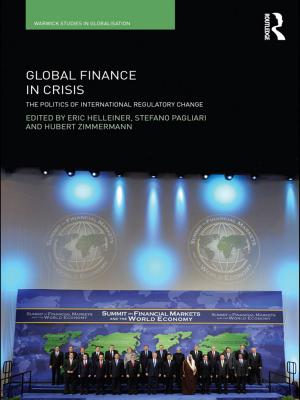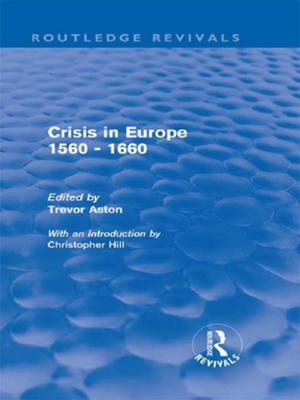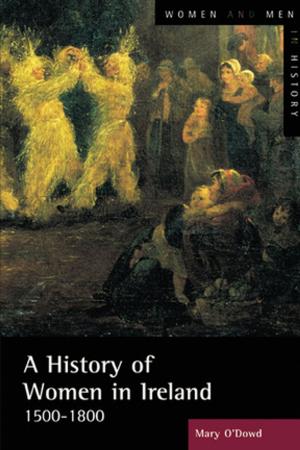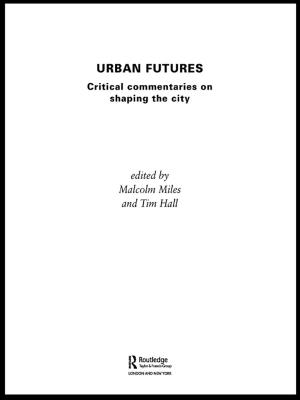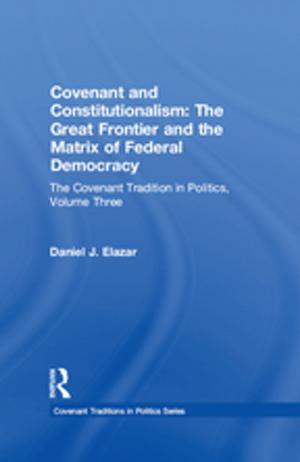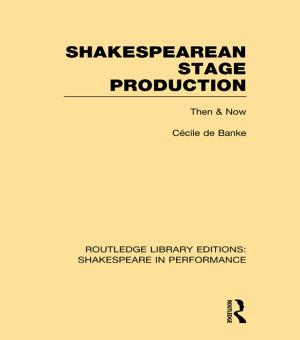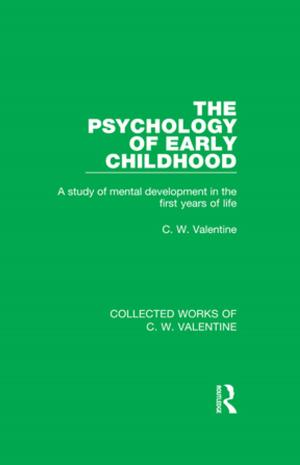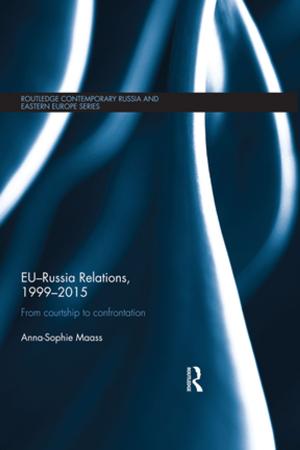Master of the Sacred Page
A Study of the Theology of Robert Grosseteste, ca. 1229/30 – 1235
Nonfiction, Religion & Spirituality| Author: | James R. Ginther | ISBN: | 9781351919210 |
| Publisher: | Taylor and Francis | Publication: | March 2, 2017 |
| Imprint: | Routledge | Language: | English |
| Author: | James R. Ginther |
| ISBN: | 9781351919210 |
| Publisher: | Taylor and Francis |
| Publication: | March 2, 2017 |
| Imprint: | Routledge |
| Language: | English |
Modern scholarship has examined the life and works of Robert Grosseteste (ca. 1170-1253) mainly in a philosophical or episcopal context, yet Grosseteste wrote many treatises on pastoral theology, spent some years as a regent master in theology at the University of Oxford, and maintained interest in theological discourse throughout his time as Bishop of Lincoln. This book offers the first scholarly study of Grosseteste as theologian, taking account of the whole range of his theological writing both in published and unedited sources. Ginther reveals the central focus of Grosseteste's theology as the person and work of Christ, with the person of Christ as the interpretive key by which humanity comes to see the Trinity in the created world and the means by which humanity may participate in the divine. Surveying some of the major doctrinal issues of the thirteenth century, this book offers a thorough introduction to the theology of the period.
Modern scholarship has examined the life and works of Robert Grosseteste (ca. 1170-1253) mainly in a philosophical or episcopal context, yet Grosseteste wrote many treatises on pastoral theology, spent some years as a regent master in theology at the University of Oxford, and maintained interest in theological discourse throughout his time as Bishop of Lincoln. This book offers the first scholarly study of Grosseteste as theologian, taking account of the whole range of his theological writing both in published and unedited sources. Ginther reveals the central focus of Grosseteste's theology as the person and work of Christ, with the person of Christ as the interpretive key by which humanity comes to see the Trinity in the created world and the means by which humanity may participate in the divine. Surveying some of the major doctrinal issues of the thirteenth century, this book offers a thorough introduction to the theology of the period.
